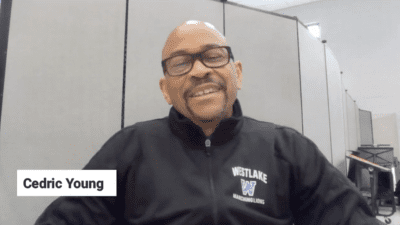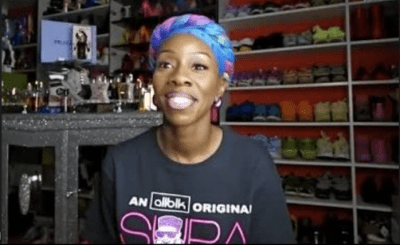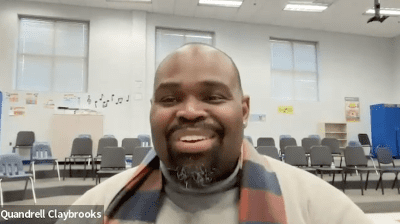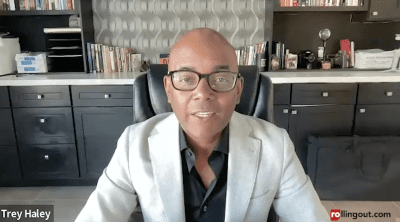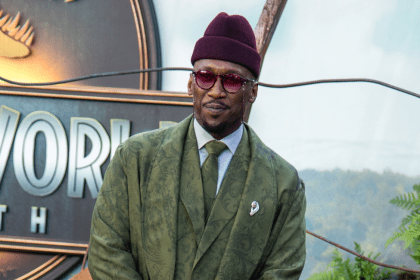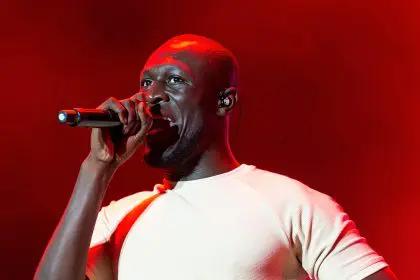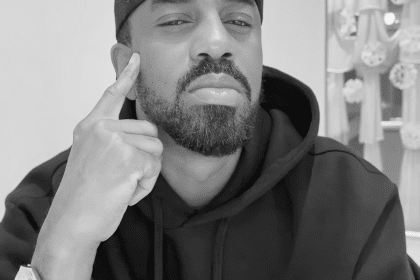Dwayne Johnson-Cochran went from being a cameraman to being a writer, producer, and director, and has now written a film that tells the story of a heist that occurred in Chicago in 1988. Heist 88 is a vivid account of a criminal who decides to pull one last job before going to prison and recruits a group of bank employees to steal millions of dollars.
Johnson-Cochran spoke with rolling out about what inspired him to create the film, working with the cast, and why it was important for him to make this movie in Chicago.
Why are documentaries important to the culture?
I’ve always been an observer since I was young in Chicago, observing people walking on the train, talking, fishing, and doing mischief. I was a kid observing, looking, with kind of an outsider feeling. As soon as I realized I could pick up a camera and record it and then make a story from it, that’s where it started. I’ve always been like a reporter person, but the camera was my eyes to be able to edit this and have some control over it. For anybody who’s trying to become a filmmaker, I think documentaries are the best thing to start because you control the image. You can switch pan, push in, pull back, you can do all different things to get people feeling something that they wouldn’t ordinarily get, and you can make the decisions yourself.
Tell us about your background and what led you to create Heist 88.
I grew up in the Southside of Chicago. When I was a kid, Muhammad Ali drove down the street because he lived in Jackson Highlands, which is a neighborhood right above me. On Saturdays, he would drive a convertible down the street and kids would jump in the car and he’d throw them out the car. That was wild for a kid to see Ali and Billy Williams, who played for the Cubs, and he lived around the corner.
Black folk lived amongst Black folk in Chicago, and it wasn’t like a class thing. Before the Bulls took off in the ’90s, I think Black stars lived around Black people, but in addition to that, I felt that the working-class Black person was always resourceful and starving themselves.
I went to school and took the bus from 79th Street every day. That’s a long ride when you’re 12 years old. You see the Black community, you see how things change, you see the place where all the pimps hang out on Saturday night. Then Monday mornings are different because businesses are up. You see the ups and downs in Chicago, and that gave me the kaleidoscope for literature.
I saw that story about Heist 88, and I was actually working at PBS at the time as a field producer … so you go out and do news in the morning. We heard this thing was happening and went down to the Dirksen Federal Building and all these microwave trucks and everybody was there doing their stand-ups.
I did a story that played that night on the seven o’clock news. I worked for John Callaway for a period of time. Years later, my good friend, a producer in Chicago, called me up and said “You remember that story? I was out there. This could be a great movie, a great TV show.” We kept doing research, and I realized this character was real, and that’s how I wrote it.
What was it like working with Courtney Vance and how did he help throughout the filming process?
I coordinate and mentor these actors. At some point, when an actor sees the skill of another actor, no matter what their age is, it’s steel on steel. I give you a line, you give me a line, and if you can do this, we can go to the next level. I think when we cast them, Courtney looked at me and said, “These four are amazing. They don’t back down.”
They were showing the best they could, but they could always be better, and I think he challenged them all because he knew what he wanted from them. In every scene, they would raise their level, because they would try and meet his level. He would go this way they would go that way. It was steel on steel. It’s like you could tell that these young folks came to play.
You could tell there was mentoring, you could tell there was a pedagogy going on, but at the end of the day, they came ready to rumble.
Why was it important for you to shoot this film in Chicago?
We can look back on the history of the city and how it’s evolved, and who has the power and who has taken the power, and even to this day, I’ve had so many stories I’ve written about the ’80s, ’70s, and the ’90s, in Chicago. I’ve written stories about the politics of Chicago, and some of these things are universally attuned, where you could just drop any city down the way Chicago works.
But there’s something very unique about Chicago that the world hasn’t quite seen yet. That’s why I really fought for Heist 88 to be made there … [there] was a conversation about shooting in another city because it was expensive, unions got involved, and this and that. I said, “You got to shoot here, you have to see the building. You have to see the South Street. You have to see the lake. You have to see the neighborhood, and you have to see the neighborhoods these people live in.” You have to see how they went to work from the subway every day and the architecture of the building because if you don’t, you won’t get a feel.


